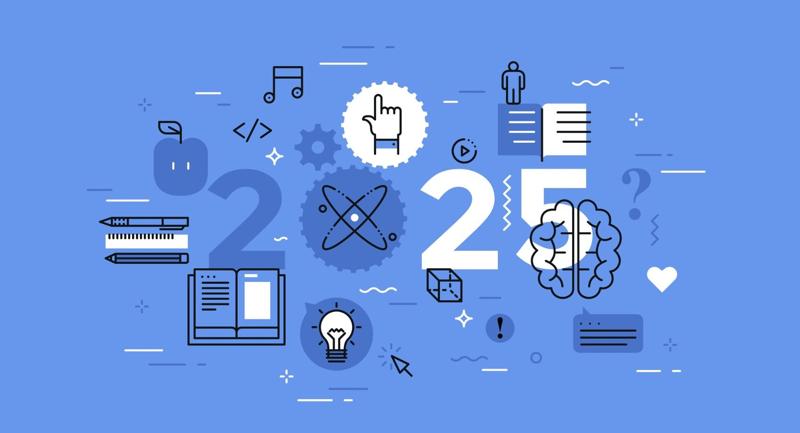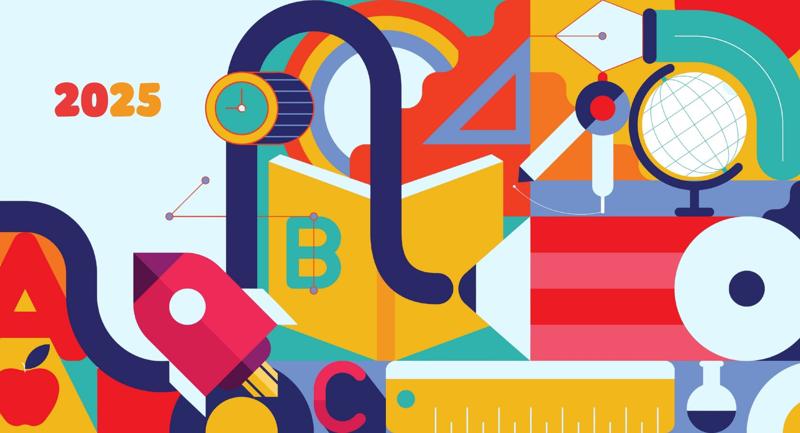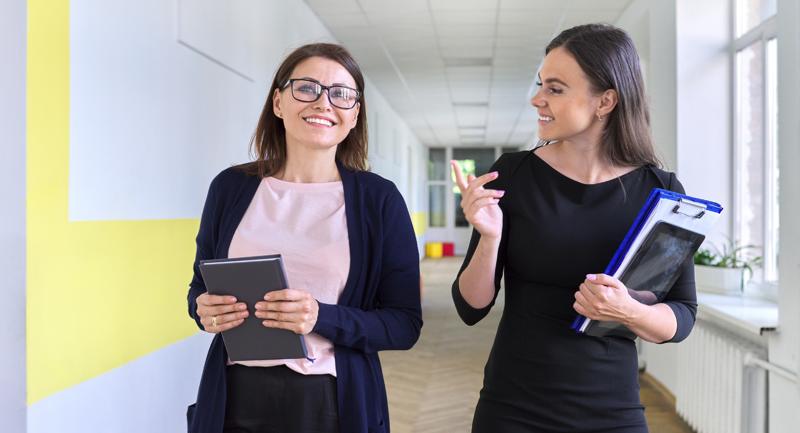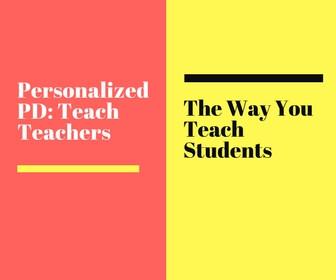Using comedy and dynamic storytelling, Michael Jr. inspires others to discover and activate their purpose. In his afternoon general session at the upcoming ASCD Annual Conference, “Funny How Life Works,” Michael Jr. will propose that life is more similar to comedy than we know. Below, he answers questions on life changes, finding purpose, and more.
You’ve published a new book, Funny How Life Works, on how to approach life events. What would you say to encourage educators who have had to adapt to a new workplace environment—and many life changes—over the last few years?
To me, every great educator abides by the phrase “everything plays.” When I hosted an event to showcase my book, everything was laid out well on stage, except for a logo on the screen behind me that read, “Funny How Marriage Works.” It was crooked. I said to the audience, “I want you all to know everything plays. What I mean by that is everything here [in this physical environment] has an impact on your ability to pay attention. For example, how many people are a little frustrated that the logo behind me is not straight?” Half the people in the room raised their hands.
Then I said, “You probably won’t be able to learn as much from me today because something in the environment is throwing you off.” And I snapped my fingers and the logo straightened. There’s a learning opportunity in every moment, even if we don’t realize it. Everything in our environment plays into how we feel and how ready we are to receive information. Something an educator can do is be more mindful of how the physical environment comes into play in students' learning.
How do you think educators and district leaders might find their purpose, their “punch line,” in their work?
Whenever I talk to students who are on their way to college, there’s a significant mistake that they seem to make. They ask questions like, What am I going to major in? What degree will I get? Many times, people will receive a degree in something, but they end up not working in that field or finding their purpose. And I like to propose it’s because they have not been asking the right question from the beginning. Instead of what asking, What would I like to do? people should really ask, Who do I want to serve?
If you figure out who your people are and why you serve them—and don’t go into education simply because you like the idea of it or a title—you’ll find the horizon is significantly larger. When you say, “I am a teacher and I teach kids,” you’re locked into that mindset. But if you say, “I help inspire children,” you have so many new opportunities to make an impact beyond the classroom and feel fulfillment. The horizon expands when you focus your purpose on the people rather than just on the task or professional label.
What lessons about stand-up comedy—taking risks, putting yourself out there, being vulnerable—can teachers use and apply to the students in their classroom?
In comedy, there’s always the setup and the punch line. The setup is when a comedian will make you think in one direction and the punch line is when he changes that direction in a way that you’re not expecting. The result is revelation, fulfillment, and joy. Laughter from the audience tells the comedian that they got the joke. Education is the same. If an educator can look at the setup—acknowledging where students are in the moment—and see that students are leaning in one direction (maybe they're feeling tired), he or she can flip directions in a way that they are not expecting to drive learning forward.
There’s another parallel: whenever a comedian gets on stage, there’s always a risk that someone will heckle you. They’re not going to like your show. With educators, it could come from the audience. It could come from someone in the community who doesn’t like what you’re doing. Or it could come from the main heckler of them all: the one inside all of us, the negative self-talker that says you won’t be able to do it. But when you deal with your own heckler, the others will have less impact on you. I think that’s an important parallel between comedy and education.
Any parting advice for educators?
There’s a great move that you can practice with students or on your own. When you first get [to a conference or a presentation] and you sit down, normally what you do is start paying attention. Whenever somebody arrives on stage, you might stand up and clap. But if you can get there a little early, give yourself permission to clear your head of all the other things going on—maybe the flight was uncomfortable or something about the hotel isn’t quite right. Give yourself permission to just wait. Once you clear your head, take out your notebook or your pencil to just assimilate I was there; now I'm here. I'm ready to receive.
Consider giving your students that same opportunity in class before learning something new. It’s amazing when you give yourself permission how much you’re able to receive.
This interview has been edited for space.








